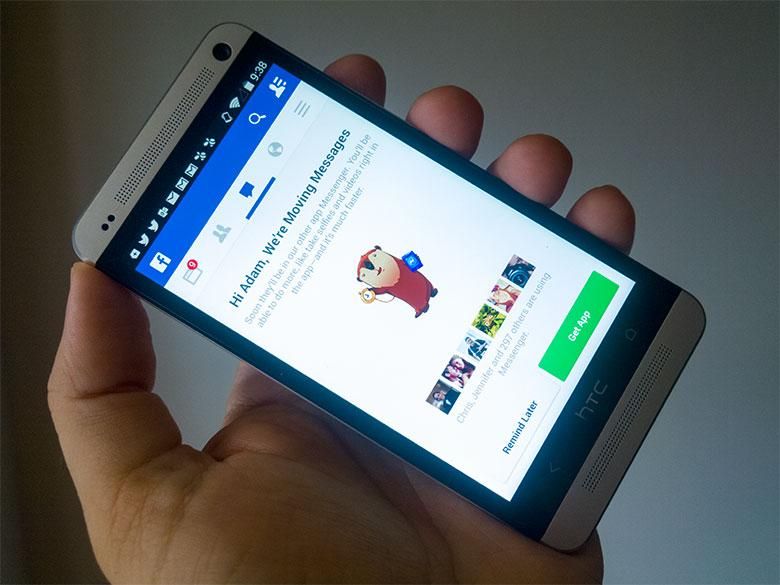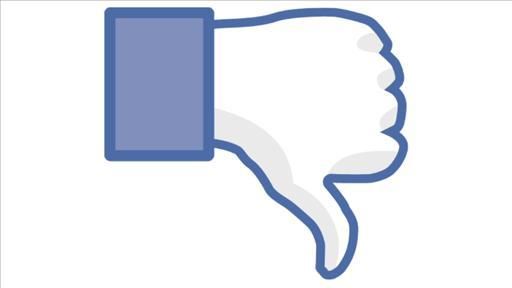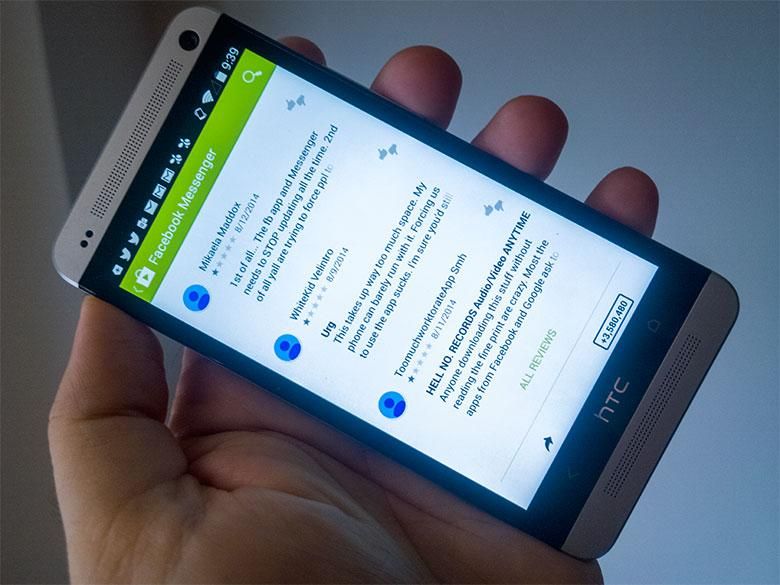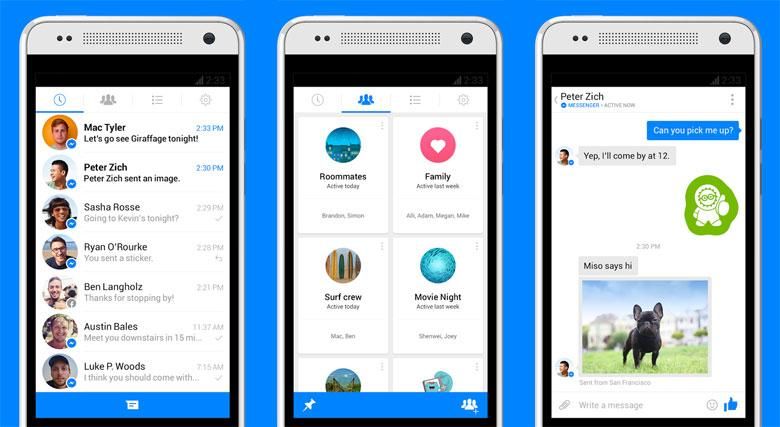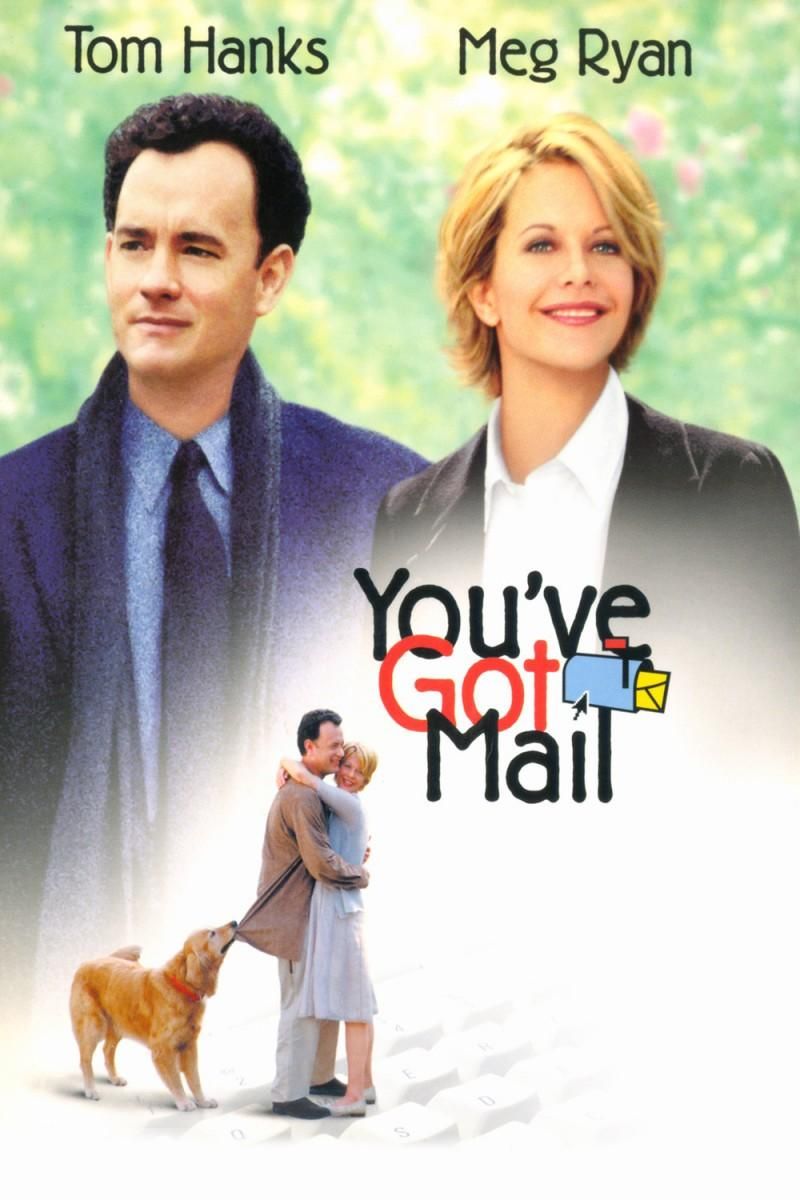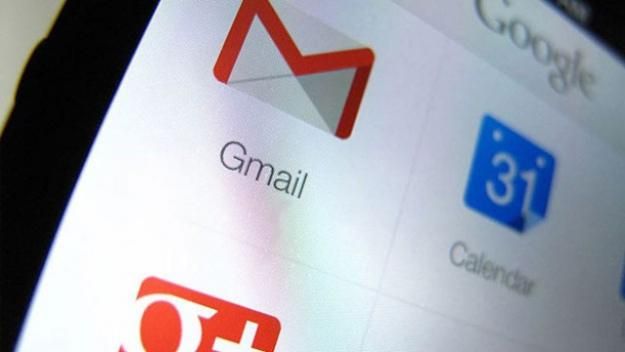Facebook has been in the news a lot lately for its decision to spin-off its chat and messaging features as their own app. The Facebook Messenger app has actually been around for a long time, but just recently Facebook has decided to force it on its users and remove the private messaging capability from the primary Facebook app. Previously, we figured it was just a waste of time, especially on Windows Phone where Facebook chat was both integrated with the Messaging hub and it could be pinned as its own live tile from the Windows Phone Facebook app.
Back in 2011, I actually hailed Facebook chat as the new standard in instant messaging since it was so open and platform agnostic. You could use it from within Skype, it was integrated with Windows Phone’s messaging & speech interface, it was integrated with Windows 8’s Messaging app, there were plenty of other 3rd party Facebook chat apps available for other platforms, and it was accessible from basically any internet connected smartphone. As we learned in this article, being platform agnostic is a great thing.
You can only use Facebook Messenger now
Unfortunately, Facebook has decided that it only wants you to use Facebook Messenger from now on. It wants to own your communications now and it’s putting the lock down on it. Facebook messaging integration has already been removed from Windows 8 and Windows Phone 8.1 and will probably get removed from Skype, Outlook.com, and other 3rd party Facebook chat apps sooner or later.
That’s not so bad as long as Facebook can keep up the platform agnostics and provide FB Messenger clients for all the different platforms that people use. However, even the FB Messenger apps that they are forcing upon users these days aren’t so great. There are lots of angry 1 star reviews on the Google Play store, and its average rating on the Apple App store is about 1.5 stars. There is a work around to get messaging back in the normal Facebook app on iOS for now though.
Why do you hate it?
Part of the anger against Facebook Messenger comes from having to install and open a different app where as previously, having everything in one app was seemingly more convenient. Another aspect is the privacy issues, that some sites may have blown out of proportion, where Facebook Messenger requires an awful lot of system access. Snopes explains this issue a bit better than some of the news outlets do.
What can you do about it? Try something that’s 100% compatible with everything.
When it comes down to it, Facebook Messenger is really just one of many ways to communicate with your friends. Its advantages were that such a huge number of people already use Facebook and sending them direct messages that way was extremely easy. Now that many people are just refusing to install the new Facebook Messenger, that simple communication capability has broken down.
Alternative internet-based instant-messaging programs are a dime a dozen these days, but they all require you to somehow convince your friends to install the same program and they all have the same issue of one big company owning that communications pipe and being able to do whatever they want with it just like Facebook is doing.
It worked in the 90’s and it still works today.
Luckily, back in 1971, Ray Tomlinson invented a method of sending simple messages between computers across a network that would later evolve into what we call the internet. This method of communicating with text-based messages electronically is called Email and you will be hard pressed to find an electronic device that connects to the internet without built-in support for email these days (or over the past 20 years actually). I can boot up a PDA from the 90s and it will still download the emails I get today.
Nobody owns the Email protocol either, so you know it’s never going to break. Anybody can set up an email server and send messages to anyone else with an email address. It does everything all of these other text-messaging-over-internet apps do; you can type messages, they get delivered instantly, you can turn on read receipts and delivery receipts so you know the recipient got them (if their email system supports those features and they allow them), you can send any kind of attachment along with the message, you can create complex graphic formatting for your messages, you can add all sorts of emoji within your text, you can send appointments that automatically show up in the recipient’s calendar, all cloud-storage services share their links via email, and almost every email server has push capabilities for instant delivery to smartphones… its electronic communications capabilities are practically limitless these days. On some email systems (such as Exchange), you can even recall an email message that you already sent as long as the other person hasn’t read it already.
If you’re concerned about privacy, you can encrypt your emails so that their contents can’t be read by those unauthorized to do so (though email metadata can’t be secured), or you can create self-destructing emails that delete themselves after being read (kind of like snap chat.) By the way, the Blackphone has better encryption for messaging with its “Silent Text” app, but that uses the open XMPP instant messaging protocol which certainly is not as widely accessible as email.
Anyone signing up for some other type of electronic mail/communications service is going to need an email address to activate and get notifications from that service anyway. Facebook is the same way. You can set all of your Facebook notifications to be sent to an email address and you’re required to have one when you sign up. Plus, when you’re looking at your friend’s profile in Facebook, you can tap the “About” tab, scroll to their email address, and send them an email. So hey, let’s just use email!
Email has a few features missing that make other instant messaging apps more useful though. You can’t really start a video call with one click or share presence/availability information. The email protocol will never be able to tell you in real time when the other person is typing a reply. Simple read receipts and delivery receipts are not widely supported on all email programs either, so those generally can’t be relied on (Gmail supports them only on paid business accounts).
Maybe you get too many email messages and it’s a pain to manage all of them, too. Guess what… every email system these days has filtering and rules capabilities that will let you automatically organize your email messages so that the important ones are easier to get to. Personally, I use multiple email addresses to keep things separate. One address is only used for close friends and family. That one gets priority. While others are used for work, online shopping, newsletters, etc. but server side rules can generally accomplish the same thing.
Are you still going to use Facebook Messenger?
Personally, I loved Facebook Messenger’s platform agnostic and open nature back when Facebook allowed 3rd party developers to integrate with it and it was a natural part of Windows Phone, Windows 8, Skype, etc. Now that they are reclaiming ownership of the service and forcing users into a single segregated app, I’m not so sure I like it anymore. How about you?

